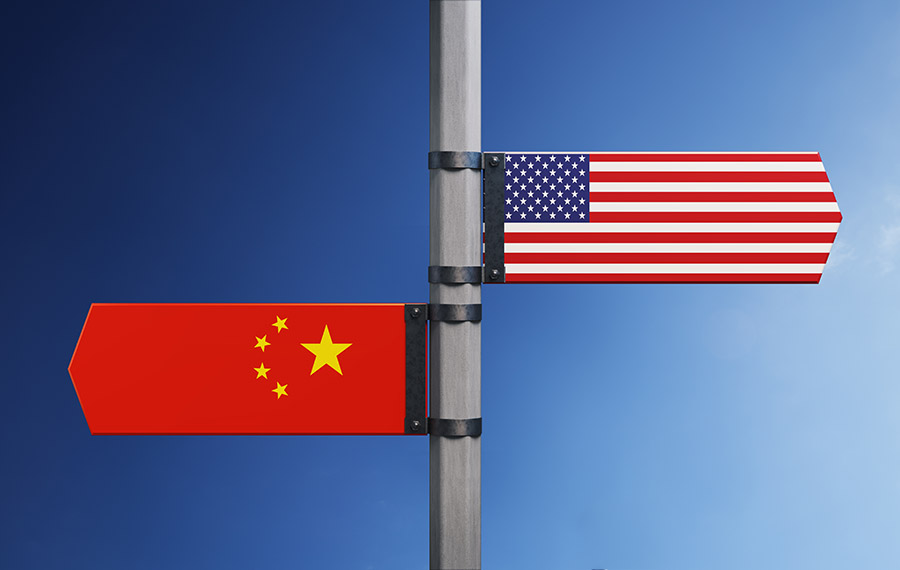
Qiu Yuanping, Member of the Standing Committee, CPPCC National Committee
May 24, 2020
The prospect of confrontation without dialogue between China and the United States is unthinkable, even dangerous — especially during a pandemic. But unless something is done soon, that’s where things are heading.

David Shambaugh, Gaston Sigur Professor and Director of China Policy Program at George Washington University, Distinguished Visiting Fellow at Hoover Institution of Stanford University
May 17, 2020
The pandemic has brought out the worst in U.S.-China relations, causing deep rifts and a public blame-game. Just as with other problematic times in this bilateral relationship, it will take time to recover. Stabilization is paramount.
Hua Xin, PhD, CASS Graduate School
May 10, 2020
The China hawks in the United States should think carefully about a fundamental question: What benefits could America possibly derive from bad relations?
Cui Tiankai, China’s ambassador to the United States
May 07, 2020
The "always blame China" mentality hurts global response to COVID-19.
Doug Bandow, Senior Fellow, Cato Institute
May 05, 2020
U.S.-China relations have deteriorated gradually under Trump’s hawkish China administration and with the COVID-19 pandemic. The 2020 presidential election may worsen relations further if candidates continue seeing China attacks as an easy electoral strategy.

Mel Gurtov, Professor Emeritus of Political Science, Portland State University
May 04, 2020
The COVID-19 pandemic has proved to be another obstacle in the Trump-era US-China relationship, and throws into uncertainty, once again, whether the future will make the two competitors friend or foe.
Stephen Roach, Senior Fellow, Yale University
May 03, 2020
It didn’t have to end this way, but the die is now cast. After 48 years of painstaking progress, a major rupture of the US-China relationship is at hand. This is a tragic outcome for both sides – and for the world. From an unnecessary trade war to an increasingly desperate coronavirus war, two angry countries are trapped in a blame game with no easy way out.
Yu Yongding, Former President, China Society of World Economics
Kevin P. Gallagher, Professor of Global Development Policy, Frederick S. Pardee School of Global Studies
Apr 27, 2020
As Graham Allison of Harvard University has warned, “when a rising power like Athens, or China, threatens to displace a ruling power like Sparta, which had been the dominant power in Greece for a hundred years, or the US, basically alarm bells should sound.” Nowadays, the alarm bells are sounding so loud that they are drowning out ideas that would allow the United States and China to escape what Allison called the “Thucydides Trap.”
Doug Bandow, Senior Fellow, Cato Institute
Apr 16, 2020
The coronavirus demonstrates the need for broader cooperation between China and the U.S. Now is not the time to decouple the bilateral relationship.
Back to Top

- China-US Focus builds trust and understanding between the U.S. and China through open dialogue among thought leaders.
- Our Offerings
- Topics
- Videos
- Podcasts
- Columnists
- Research Reports
- Focus Digest
- Stay Connected
-
Thanks for signing up!
- Get the latest stories from China-US Focus weekly.